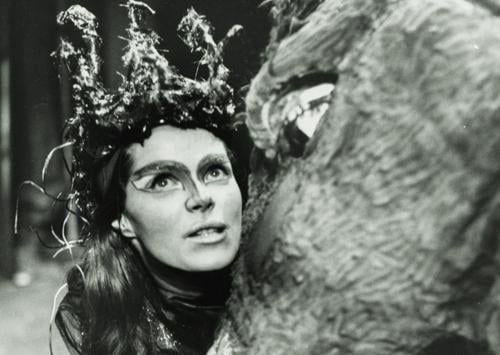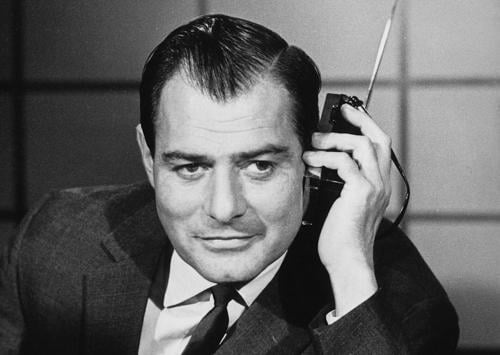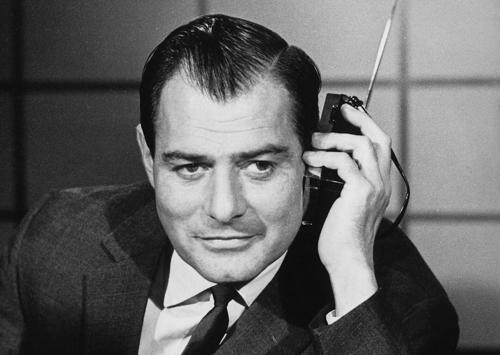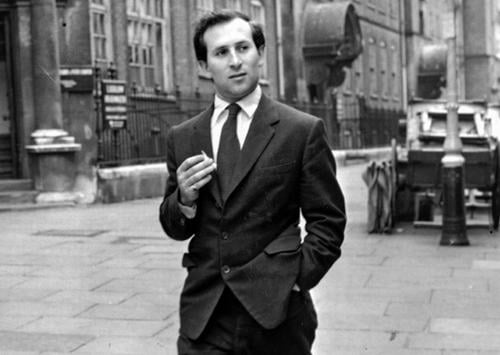Listen to New Voices on Studs Terkel our partnership with 826CHI-here! Read the Story
Showing 1 - 13 of 13 results
-
Valentin Pluchek and Stanislaw Pchenikov discuss Russian theater, specifically Moscow ; part 1
Jan. 19, 1962 Studs Terkel interviews Valentin Pluchek and Stanislaw Pchenikov on Russia theater, focusing mainly on the city of Moscow.
-
The very "U" girl talks with Studs Terkel ; part 2
1962 Interviewing with the very "u" girl at the establishment (Part 2) while Studs was in England.
-
Terkel comments and presents German Lach und Schiess Gesellschaft (political cabaret)
1967 Terkel comments and presents German Lach und Schiess Gesellschaft (political cabaret). Freilien Margo Schtega is the interpreter for Sammy Drechsel. However, Terkel comments that Sammy understands him 'just fine'.
-
Studs Terkel dscusses the current British arts scene with Kenneth Allsop
Nov. 16, 1962 Kenneth Allsop, literary critic for the Daily Mail, BBC host of Tonight and author of "The Bootleggers and Their Era" sits down with Studs Terkel to discuss everything from the Social Realism of Arnold Wesker, Allen Sillitoe, and Shelagh Delaney known as the Backstreet Kids to the class warfare of "The Fourth of July" author David Benedictus. The two key groups of theater, the Royal Court led by George Devine and the Theater Workshop led by Joan Littlewood is also discussed.
-
Stanislaw Pchenikov and Valentin Nikolaevich Pluchek discuss theater with Studs Terkel ; part 2
Jan. 19, 1962 Studs Terkel discusses Russian theater with Stanislaw Pchenikov and Theater director Valentin Nikolaevich Pluchek.
-
Soviet intellectuals discuss Soviet arts and culture
May. 28, 1962 Soviet intellectuals Tamara Mamedova, Nicolai Pogodin, and Anatol Safronov talk with Studs Terkel about their work with the Institute for Soviet-American Relations (U.S.) and Soviet arts and culture.
-
Sammy Drechsel and Jurgen Scheller discuss Germany and their work, part 2
1968 Political comedian and reporter Sammy Drechsel and actor Jurgen Scheller discuss Germany and their work. The exchange is aided by interpreter Margot Steeger. Part 2 of 2.
-
Sammy Drechsel and Jurgen Scheller discuss Germany and their work, part 1
1968 Political comedian and reporter Sammy Drechsel and actor Jurgen Scheller discuss Germany and their work. The exchange is aided by interpreter Margot Steeger. Jurgen Scheller joins the conversation towards the end of this recording. Part 1 of 2.
-
Interview with Michael Frayn
Sep. 22, 1975 Interviewing British dramatist-novelist Michael Frayn.
-
Herbert Mitgang discusses his book "Mister Lincoln"
Feb. 11, 1982 Having been a Lincoln biographer for a quarter of a century, Herbert Mitgang felt the importance of writing the play "Mister Lincoln: A Drama in Two Acts". Lincoln's rich language can be heard through Mr. Mitgang''s dramatic interpretation of Lincoln's life.
-
Discussing bicentennial time and interviewing Otto Friedrich
Jun. 1, 1975 Otto Friedrich discusses his "Time" magazine piece, his writing, and American history. Songs "Yankee Doodle Dandy," "Free America" by Joseph Warren, a German song, an 18th century Boston Tea Party song, and an 18th-century British soldier song have been removed for copyright restrictions.
-
Arnold Wesker, english writer and playwright discusses his life and work.
1962 Arnold Wesker, English playwright and writer in several genres discusses scenes from the play "Roots". Mr Wesker further discusses his plays and the current cast traveling around England performing several of his plays. The interview tape ends and Studs recalls the remainder of the interview alone as a postscript.






